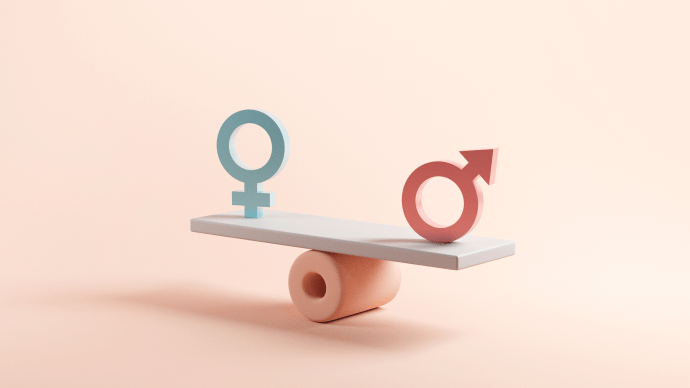In the United Arab Emirates (UAE), a country known for its rapid economic growth and cultural diversity, the role of Human Resources (HR) in ensuring gender equality within organizations is paramount. With a rapidly evolving workforce and an increasing emphasis on inclusivity, HR departments play a significant role in stimulating gender equality and fostering a work environment where people get opportunities to thrive.
Gender equality in the workplace isn't just a matter of fairness but also a strategic imperative for companies seeking sustainable growth and competitive advantage. Here's how the department of HR contributes to ensuring gender equality in UAE organizations:
- Policy Development and Implementation: HR professionals are responsible for creating and implementing procedures and policies that promote gender equality. It includes policies related to recruitment, hiring, promotion, compensation, and benefits. By ensuring that these policies are fair, transparent, and free from bias, HR helps create a level playing field for all employees.
- Diversity and Inclusion Initiatives: HR can lead diversity and inclusion initiatives for developing a culture of respect and acceptance within organizations. This includes organizing training programs, workshops, and awareness campaigns to sensitize employees to issues of gender equality and unconscious bias. By fostering a culture of inclusivity, HR helps create a workplace where every professional feels valued and respected, regardless of gender.
- Recruitment and Talent Management: HR plays a critical role in ensuring that recruitment and talent management processes are free from gender bias. This includes implementing gender-neutral job descriptions, using diverse sourcing channels to attract a variety of candidates, and implementing blind recruitment techniques to minimize unconscious bias in the selection process. By focusing on meritocracy and competency-based selection criteria, HR helps ensure that the best candidates are chosen for the job, regardless of gender.
- Pay Equity and Equal Opportunities: HR is responsible for ensuring pay equity and equal opportunities for all employees. This includes conducting regular audits to identify and address gender pay gaps, implementing transparent salary structures, and giving equal chances for career advancement and professional development. By ensuring that everyone is treated fairly, HR creates a more inclusive and equitable workplace.
Work-Life Balance and Flexible Policies: HR plays a key role in promoting work-life balance and implementing flexible work policies that accommodate the different needs of employees, including those related to gender roles and responsibilities. This includes offering options such as flexible working hours, telecommuting, and parental leave policies that enable every employee to balance their personal and professional lives better. By accommodating the diverse needs of employees, HR helps create a more supportive and inclusive work environment.
The role of HR in ensuring gender equality in UAE organizations is multifaceted and critical to the success and sustainability of businesses in the region. By developing and implementing inclusive policies, fostering a culture of diversity and inclusion, promoting fair recruitment and talent management practices, HR professionals can help create workplaces where everyone gets the chance to thrive, regardless of gender.
By prioritizing gender equality, UAE businesses can unlock the full potential of their workforce and drive greater innovation, productivity, and success in the global marketplace.


